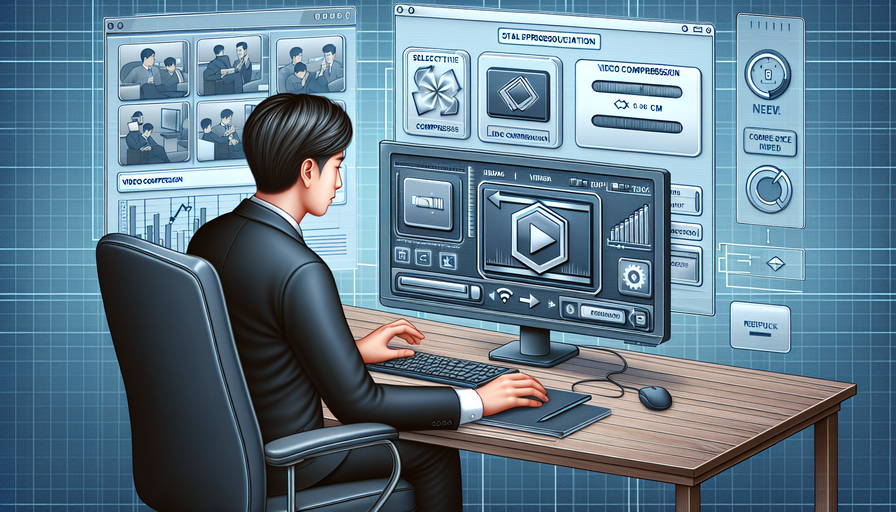Getting a good night’s sleep is essential for our overall health and well-being. However, many people struggle with falling asleep quickly and easily. If you find yourself tossing and turning in bed, unable to drift off into dreamland, don’t worry – there are several techniques you can try to help you fall asleep instantly. In this article, we will explore some effective strategies that can help you achieve a peaceful and restful night’s sleep.
Create a Relaxing Bedtime Routine
One of the keys to falling asleep instantly is to establish a relaxing bedtime routine. This can help signal to your body that it’s time to wind down and prepare for sleep. Try incorporating activities such as reading a book, taking a warm bath, or practicing relaxation techniques like deep breathing or meditation before bed. Avoid stimulating activities like watching TV or using electronic devices, as the blue light emitted from screens can interfere with your body’s natural sleep-wake cycle.
Optimize Your Sleep Environment
Creating an optimal sleep environment is crucial for falling asleep quickly. Make sure your bedroom is cool, dark, and quiet to promote better sleep quality. Invest in comfortable bedding and pillows that support proper alignment of your spine. Consider using white noise machines or earplugs if outside noises disrupt your sleep. Additionally, limit exposure to light by using blackout curtains or wearing an eye mask to signal to your brain that it’s time for rest.
Practice Relaxation Techniques
If racing thoughts or anxiety keep you awake at night, practicing relaxation techniques can help calm your mind and body before bedtime. Progressive muscle relaxation involves tensing and then releasing each muscle group in your body one by one, promoting physical relaxation. Another effective technique is visualization, where you imagine yourself in a peaceful setting like a beach or forest, focusing on the sights, sounds, and sensations to distract yourself from intrusive thoughts.
Mindfulness Meditation
Mindfulness meditation has been shown to improve sleep quality by reducing stress and promoting relaxation. By focusing on the present moment without judgment, mindfulness can help quiet the mind and ease insomnia symptoms. You can practice mindfulness meditation by sitting comfortably with closed eyes and focusing on your breath or bodily sensations. If distracting thoughts arise, gently acknowledge them without attachment and return your focus back to the present moment.
Try Natural Sleep Aids
If you’re still having trouble falling asleep instantly despite trying various techniques, consider incorporating natural sleep aids into your bedtime routine. Melatonin supplements can help regulate your sleep-wake cycle when taken about 30 minutes before bedtime. Herbal remedies like valerian root or chamomile tea have also been used for centuries as natural sedatives to promote relaxation and improve sleep quality.
In conclusion…
Achieving instant sleep may require some trial and error as everyone’s body responds differently to various techniques. By creating a relaxing bedtime routine, optimizing your sleep environment, practicing relaxation techniques like mindfulness meditation, and trying natural sleep aids when needed, you can increase your chances of falling asleep quickly and enjoying a restful night’s slumber.


